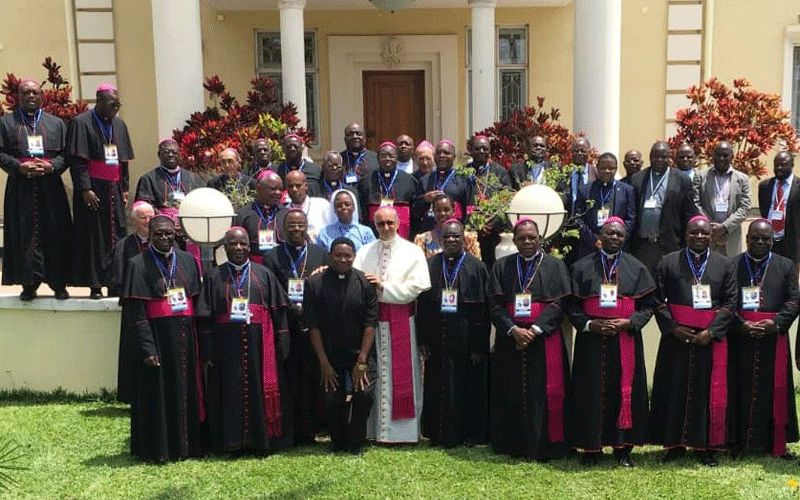Lusaka, 08 February, 2020 / 5:36 am (ACI Africa).
In a collective statement issued at the conclusion of their three-day maiden consultative meeting, the Catholic Bishops in Malawi, Zambia and Zimbabwe have outlined their short-term intention to remain within their respective regional Bishops’ conferences and the long-term one of delinking their national conferences to form a sub-regional Bishops’ Conference comprising the three Southern Africa nations.
The Bishops met in Zambia’s capital and considered, in their deliberations, “the common factors shared among the three countries such as: historical, cultural, political, religious and socio-economic.”
Announcing their plans going forward in the February 5 communique, the Bishops have stated, “The project envisions that in the short-term, Malawi and Zambia will continue to belong to the Association of Member Episcopal Conferences of Eastern Africa (AMECEA) and Zimbabwe to the Inter-Regional Meeting of Bishops of Southern Africa (IMBISA) respectively. However, in the long-term, the sub-region will be delinked from AMECEA and IMBISA respectively.”
In the statement, the Bishops have made known their collective resolution “to inform AMECEA and IMBISA about the intention of the three Episcopal Conferences to form a sub-regional conference while continuing to belong to AMECEA and IMBISA respectively.”
Malawi, Zambia and Zimbabwe have historical links considering that in 1953, the three southern Africa nations were brought together by their colonial masters under the Nyasaland, Northern Rhodesia and Southern Rhodesia Federation. Though the federation came to an end in 1963, it left lasting impressions on the people of the region.








